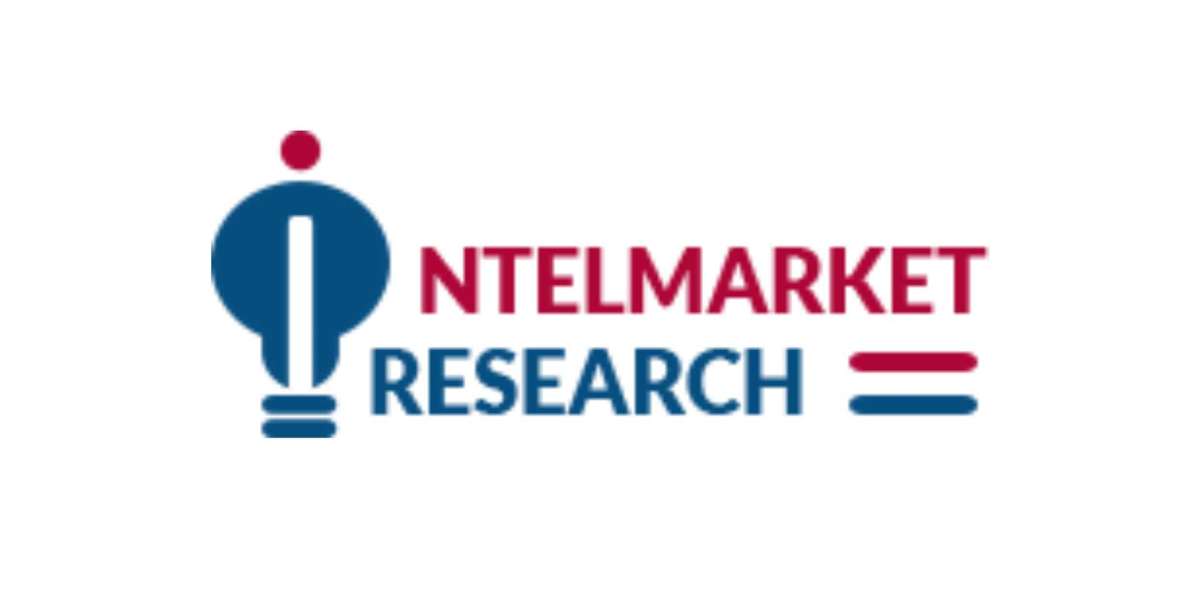The early diagnosis of Alzheimer's disease is crucial in providing timely treatment and improving the quality of life for patients. The market for early diagnosis kits for Alzheimer's disease has gained significant importance in recent years due to the increasing prevalence of the disease and the need for early intervention. In this comprehensive analysis, we will delve into the key aspects of the global early diagnosis kit for Alzheimer's disease market, including its market size, growth projections, regional distribution, and competitive landscape.
Market Size and Growth Projections
- Table of Contents
- List of Tables Figures
- Charts
- Research Methodology
Get FREE Sample of this Report at https://www.intelmarketresearch.com/download-free-sample/220/early-diagnosis-kit-alzheimers-disease
- The global early diagnosis kit for Alzheimer's disease market was valued at US$ 113.85 million in 2023.
- The market is anticipated to reach US$ 201.37 million by 2030, witnessing a robust Compound Annual Growth Rate (CAGR) of 8.33% during the forecast period of 2024-2030.
- This projected growth is driven by the increasing aging population, rising awareness about the importance of early diagnosis, and ongoing research and development efforts in the field of Alzheimer's disease.
Regional Market Distribution
North America
- The North American market for early diagnosis kits for Alzheimer's disease is estimated to increase from US$ 33.39 million in 2023 to reach US$ 60.80 million by 2030.
- This region is expected to witness a CAGR of 8.65% during the forecast period of 2024-2030.
- The strong healthcare infrastructure, high awareness levels, and supportive reimbursement policies in North America contribute to the growth of this market.
Asia-Pacific
- The Asia-Pacific market for early diagnosis kits for Alzheimer's disease is estimated to increase from US$ 40.18 million in 2023 to reach US$ 79.16 million by 2030.
- This region is projected to experience a CAGR of 10.01% during the forecast period of 2024-2030.
- The rapidly aging population, increasing healthcare expenditure, and growing awareness about Alzheimer's disease in countries like China, Japan, and India are driving the market growth in the Asia-Pacific region.
Competitive Landscape
- The global early diagnosis kit for Alzheimer's disease market is relatively consolidated, with the top three vendors accounting for approximately 57.06% of the revenue in 2023.
- Major players in the market include Roche Diagnostics, Fujirebio, Quanterix, and Revvity.
- These companies are actively involved in research and development activities, aiming to develop more accurate and sensitive diagnostic tests for early detection of Alzheimer's disease.
- Strategic partnerships, collaborations, and acquisitions are common strategies adopted by these companies to strengthen their market position and expand their product portfolios.
This report aims to provide a comprehensive presentation of the global market for Early Diagnosis Kit for Alzheimer's Disease, with both quantitative and qualitative analysis, to help readers develop business/growth strategies, assess the market competitive situation, analyze their position in the current marketplace, and make informed business decisions regarding Early Diagnosis Kit for Alzheimer's Disease.
The Early Diagnosis Kit for Alzheimer's Disease market size, estimations, and forecasts are provided in terms of sales volume (K Units) and revenue ($ millions), considering 2023 as the base year, with history and forecast data for the period from 2019 to 2030. This report segments the global Early Diagnosis Kit for Alzheimer's Disease market comprehensively. Regional market sizes, concerning products by Type, by Application, and by players, are also provided.
For a more in-depth understanding of the market, the report provides profiles of the competitive landscape, key competitors, and their respective market ranks. The report also discusses technological trends and new product developments.
The report will help the Early Diagnosis Kit for Alzheimer's Disease manufacturers, new entrants, and industry chain related companies in this market with information on the revenues, sales volume, and average price for the overall market and the sub-segments across the different segments, by company, by Type, by Application, and by regions.
Market Segmentation
By Company
- Roche Diagnostics
- Fujirebio
- Quanterix
- Revvity
- People Bio
- Easund Bio-tech and Pharmakea
- MagQu
- Solgent
- Sysmex
- Fujifilm
- Immuno-Biological Laboratories
- Shenzhen Anqun Bioengineering
- Amoneta Diagnostics
Segment by Type
- Blood
- CSF (Cerebrospinal Fluid)
- Others (Saliva or Urine)
Segment by Application
- Medical
- Research
Consumption by Region
- North America
- U.S.
- Canada
- Asia-Pacific
- China
- Japan
- South Korea
- India
- Taiwan
- Southeast Asia
- Rest of APAC
- Europe
- Germany
- France
- U.K.
- Italy
- Russia
- Rest of Europe
- Latin America
- Mexico
- Brazil
- Rest of Latin America
- Middle East Africa
- Middle East
- Africa
According to a recent report, over 282,000 Pennsylvanians aged 65 or older are living with Alzheimer's disease. This represents 11.5% of the state's population in that age group, which is higher than the national average of 10.9%.
Alzheimer's disease is a serious neurodegenerative disorder that can lead to dementia, characterized by symptoms such as memory loss, behavioral changes, and impaired judgment. While genetic factors may play a role in the development of Alzheimer's, the report also highlights environmental and lifestyle factors like poor sleep quality, air pollution, and cardiovascular issues as potential risk factors.
As the U.S. population continues to age, the number of individuals living with Alzheimer's is projected to grow substantially in the coming decades. This highlights the urgent need for continued research, improved diagnostic tools, and effective treatments to address this growing public health challenge.
Non-invasive methods: Researchers are increasingly focusing on non-invasive diagnostic methods such as blood, saliva, and urine tests. These methods offer a more accessible and patient-friendly approach, reducing the need for invasive procedures like lumbar punctures or brain scans.
Biomarker-based tests: The identification and validation of novel biomarkers for Alzheimer's Disease are driving the development of diagnostic kits. These biomarkers can help detect the disease in its early stages, allowing for timely intervention and treatment.
Fluorogenic immunoassays: Innovative technologies like amplified fluorogenic immunoassays are being developed to improve the accuracy and sensitivity of early diagnosis kits. These methods can help detect the presence of amyloid-beta plaques, a hallmark of Alzheimer's Disease, in the brain.
Multiplex diagnostic kits: The development of multiplex diagnostic kits allows for the simultaneous detection of multiple biomarkers associated with Alzheimer's Disease. This approach can improve diagnostic accuracy and provide a more comprehensive understanding of the disease progression.
Artificial intelligence and machine learning: Researchers are exploring the use of AI and machine learning algorithms to analyze complex datasets and identify patterns that can aid in the early diagnosis of Alzheimer's Disease.
CONTACT US:
276 5th Avenue, New York , NY 10001,United States
International: (+1) 646 781 7170
Email: help@intelmarketresearch.com
Follow Us On linkedin :- https://www.linkedin.com/company/24-market-reports



